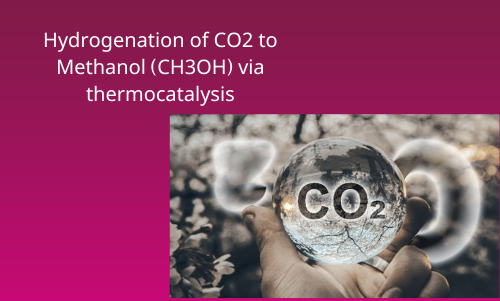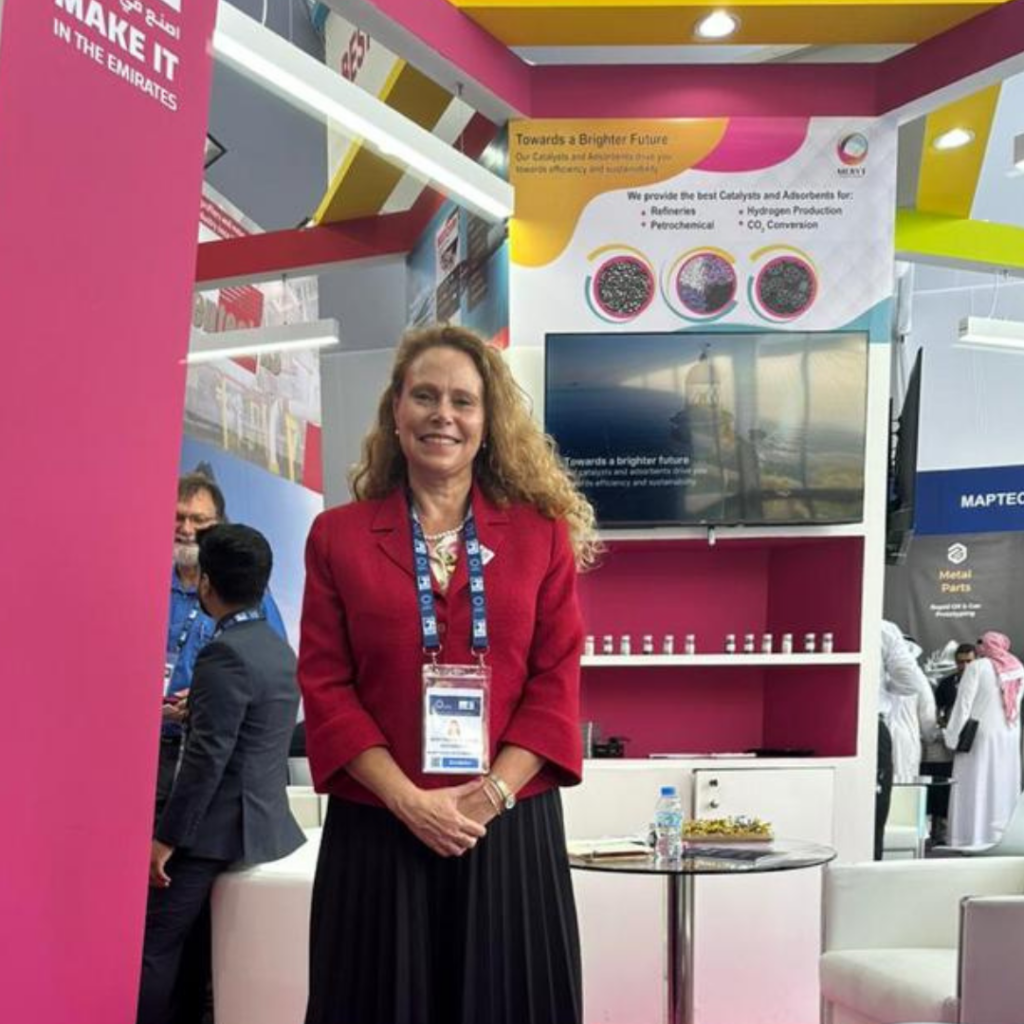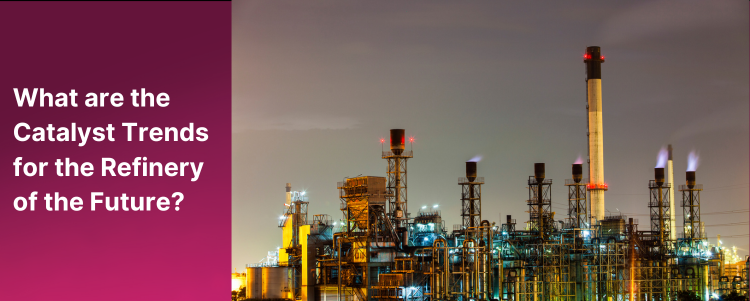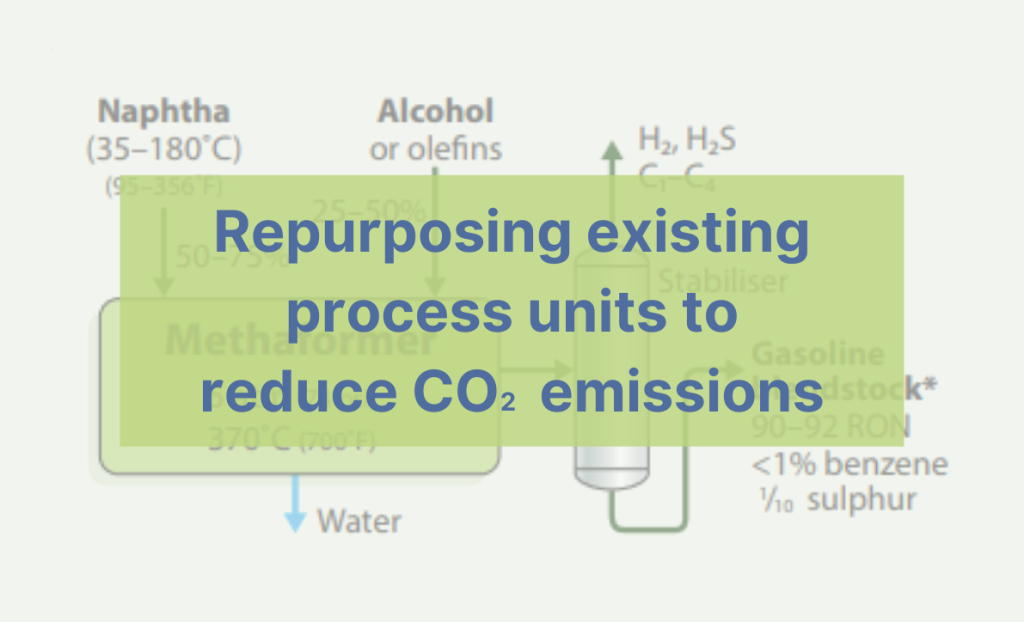At present, the conversion of carbon dioxide (CO2) to liquid fuels using a wide variety of catalysts is of immense interest to the petrochemical and chemical manufacturing industries. The aim of developing such a process is to stablish routes for circular economy of the CO2 emissions. Additionally, the current production of methanol relies on 2 steps i) steam reforming of methane and ii) methanol production requires an extensive amount of energy to operate which is why sustainable alternatives such as the utilization of captured CO2 to produce methanol are sought out as they emphasize on the development of a circular economy.
For the production of any useful product from CO2 an ideal reactant is required and for the production of methanol, hydrogen (H2) is the key. The importance of producing methanol is that it is a crucial chemical that can be used as a fuel additive to enhance the octane rating and it could be utilized to synthesize a versatile range of products such as formaldehyde, acetic acid, methyl tert-butyl ether (MTBE), and gasoline (MTG). Therefore, from an economic and environmental aspect CO2 hydrogenation to produce methanol is important for the future of sustainable development. Particularly the establishment of thermocatalytic systems that can achieve industrial-level methanol production is an emerging area of widespread investigation. This brings the questions i) What happens during the catalytic conversion of CO2 to methanol and ii) what factors affect the conversion?
During CO2 hydrogenation using thermocatalytic means, two competitive reactions are possible: i) the formation of undesired CO through reverse water gas shift reaction (RWGS) and ii) the desired formation of methanol. To enhance the selectivity of the system towards methanol several factors such as temperature, pressure, space velocity, structural defects of the catalyst, and presence of contaminants play a role. Some strategies that can be utilized to achieve higher selectivity include reducing the reaction temperature which allows the exothermic methanol synthesis reaction to place, and raising the space velocity which decreases the CO selectivity because of the lower RWGS reaction rate. However, the low temperature and/or high space velocity usually result in low single-pass CO2 conversion. Additionally, the catalytic reduction of CO2 is quite challenging as the carbon present in CO2 is at its highest oxidation state therefore its transformation to value-added chemicals requires adequate energy. Thus, it remains a great challenge to simultaneously obtain high CO2 conversion and high methanol selectivity with the present technologies. Currently, the industrial methanol production from CO2-containing syngas uses the well-known Cu-ZnO-Al2O3 catalysts for conversions but these catalysts are prone to deactivation in the presence of water and the methanol yield drops with long-term operations which also affects the catalyst activity. Therefore, an effective catalyst for CO2 hydrogenation to methanol is still extensively investigated.
Very recently, significant progress has been made in developing more efficient catalysts for CO2 hydrogenation to CH3OH, including metal-supported catalysts, bimetallic systems, and reducible metal oxides. For this, metal and/or metal oxide-based catalysts containing metals such as Cu, Zn, Cr, Pd, etc. are used to facilitate the redox reaction. Moreover, pilot plants focusing on CH3OH synthesis from catalytic CO2 hydrogenation are studying the modification of the well-established Cu-ZnO-Al2O3 catalysts for methanol production. The results have indicated that better-supported copper materials can enhance CH3OH selectivity which is attributed to structural, electronic, and chemical promotional effects of the interactions that exist between the dispersed metal and the support.
Here at MERYT, we look forward to producing such CO2 hydrogenation catalysts soon through our active research and development!
#catalysts #CCUS #carboncapture









